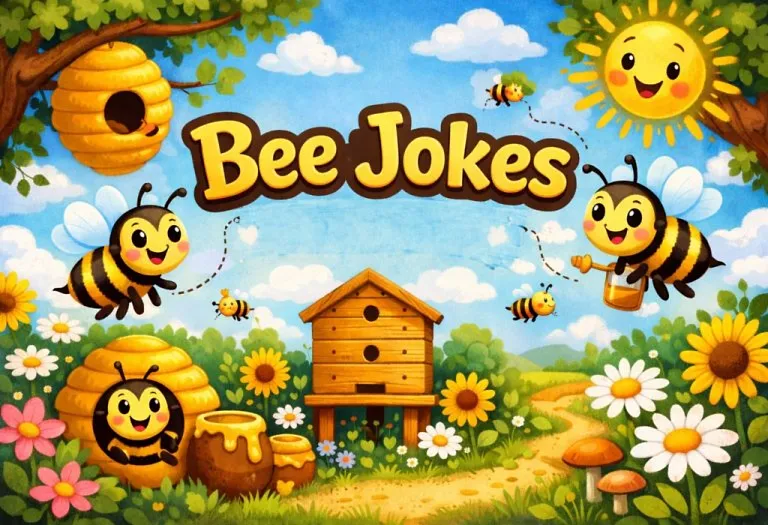Exclusive Breastfeeding – Benefits and Tips

- What Is Exclusive Breastfeeding?
- Benefits of Exclusive Breastfeeding for Mother and Baby
- What Should the Frequency and Duration of Breastfeeding Be?
- Tips for Exclusive Breastfeeding
- FAQs

Breast milk is the perfect food for a baby, providing an optimal blend of sugars, fats, water, and proteins necessary for healthy growth. Its unique nutrient composition supports the proper physical and cognitive development of infants, while its antibodies play a crucial role in strengthening the baby’s immune system, helping them ward off infections and diseases. Exclusive breastfeeding, which refers to feeding the baby only breast milk without any other foods or liquids, is recommended by health experts for the first six months of life. In this article, we will discuss the recommended duration of exclusive breastfeeding, explore the many benefits it offers to both mother and child and provide essential tips to ensure a positive breastfeeding experience.
What Is Exclusive Breastfeeding?
Exclusive breastfeeding means that a baby is fed only breast milk for the first six months of his life, with no additional food or drinks. This is the best nourishment for the baby, who is not even given water.
Benefits of Exclusive Breastfeeding for Mother and Baby
The importance of exclusive breastfeeding can never be understated. It minimises the dangers of infections and diseases. Furthermore, it is also considered beneficial for the mother, too. Read on to understand the advantages of exclusive breastfeeding for a baby and his mother.
- Scientific studies have revealed that the healthiest babies are those that have been exclusively breastfed.
- For the first six months of a baby’s life, breast milk is all that a baby really needs.
- Exclusive breastfeeding is one of the best ways to minimise the chances of a baby getting diarrhoea, allergies, pneumonia and suffering from malnutrition; the addition of any other food will considerably increase the risks of the same.
- Exclusive breastfeeding is known to considerably decrease infant mortality on account of common childhood illnesses.
- Exclusive breastfeeding delays fertility assisting appropriate time intervals between pregnancies.
- Exclusively breastfeeding mothers are less prone to the cancer of the breasts and ovaries.
- Exclusive breastfeeding is also economical as it eliminates the need to purchase supplements and expensive formulas and equipment.
- Colostrum in breast milk cleans the stomach and promotes a healthy gut, eliminating the need for medicines.
- Exclusive breastfeeding helps the new mother to lose weight after delivery.
- This is one of the most underrated exclusive breastfeeding advantages. Mothers who breastfeed exclusively are less likely to experience postpartum depression.
- The more a baby suckles, the more milk will be made in the breasts; this natural mechanism helps make exclusive breastfeeding a viable choice.
- Exclusive breastfeeding is also possible for working mothers via expressed breast milk. Expressed breast milk remains good for up to ten hours at room temperature and approximately three days in the fridge.
What Should the Frequency and Duration of Breastfeeding Be?
Since the baby is only given breast milk, the frequency of feeding depends on the baby; feeding should be done as per the baby’s demand. This means that you will be feeding your baby at least 8 to 12 times a day.

Nighttime breastfeeding should be made possible by co-sleeping with the baby. The duration of breastfeeding again depends on the baby’s needs. Each session could last from 20 to 45 minutes. The baby should be satisfied feeding from one breast before another is offered.
Read on for some useful tips for exclusive breastfeeding.
Tips for Exclusive Breastfeeding
These tips will help you breastfeed your little one exclusively and ensure his health.
- Breastfeeding should be initiated within one hour of the baby being born.
- Exclusive breastfeeding for six months is ideal.
- The baby should only be given breast milk and nothing else, not even water.
- Breastfeeding should be done as and when the baby demands.
- Breastfeeding should be made possible by the mother even at night; co-sleeping can help to achieve this.
- Nipple confusion should be avoided by not using artificial nipples.
- It is advisable for the mother to read and learn about potential problems with breastfeeding.
- Medical staff, caregivers, and hospital authorities should be informed about the decision of exclusive breastfeeding.
- Working moms can use expressed breast milk.
- Breastfeeding support groups can be very helpful for exclusive breastfeeding.
FAQs
1. Can exclusive breastfeeding affect the mother’s nutrient levels?
Yes, exclusive breastfeeding can impact a mother’s nutrient levels, especially if she’s not consuming a balanced diet. Breastfeeding mothers may experience a higher need for certain nutrients, like calcium, iron, and vitamin D, as their bodies prioritise milk production. Monitoring and addressing nutrient intake through a varied diet or supplements can help mothers maintain their health while exclusively breastfeeding.
2. Is there a difference in bonding between exclusively breastfed babies and partially breastfed babies?
Exclusive breastfeeding may foster a unique bonding experience due to the increased skin-to-skin contact and direct feeding interactions. This contact encourages the release of oxytocin in both the mother and the baby, which can enhance emotional bonding. However, bonding is a complex process and can also be successfully achieved through other nurturing interactions with the baby.
Exclusive breastfeeding is perhaps the healthiest choice a mother can make for her newborn baby. Babies that are exclusively breastfed are generally healthier. Exclusive breastfeeding is the strongest measure that can be taken to avoid infections and diseases in babies. Furthermore, exclusive breastfeeding has numerous benefits for the mother as well.
References/Resources:
1. The importance of Exclusive Breastfeeding; Save the Children Foundation; https://healthynewbornnetwork.org/blog/2024/the-importance-of-exclusive-breastfeeding/
2. Breastfeeding Recommendations and Benefits; CDC; https://www.cdc.gov/nutrition/infantandtoddlernutrition/breastfeeding/recommendations-benefits.html
3. Exclusive breastfeeding for optimal growth, development and health of infants (e-Library of Evidence for Nutrition Actions (eLENA); WHO; https://www.who.int/tools/elena/interventions/exclusive-breastfeeding
4. Jama. A, Gebreyesus. H, Wubayehu. T, et al.; Exclusive breastfeeding for the first six months of life and its associated factors among children age 6-24 months in Burao district, Somaliland (International Breastfeeding Journal); BMC; https://internationalbreastfeedingjournal.biomedcentral.com/articles/10.1186/s13006-020-0252-7; January 2020
5. Motee. A, Jeewon. R; Importance of Exclusive Breastfeeding and Complementary Feeding among Infants; Current Research in Nutrition and Food Science; https://www.foodandnutritionjournal.org/volume2number2/importance-of-exclusive-breastfeeding-and-complementary-feeding-among-infants/; August 2014
6. Benefits of Breastfeeding; Cleveland Clinic; https://my.clevelandclinic.org/health/articles/15274-benefits-of-breastfeeding
7. Campos. A, Chaoul. C, Carmona. E, Higa. R, Vale. I; Exclusive breastfeeding practices reported by mothers and the introduction of additional liquids (Revista Latino-Americana de Enfermagem); National Library of Medicine; https://pmc.ncbi.nlm.nih.gov/articles/PMC4459002/
Also Read:
Side-Lying Breastfeeding
Proper Breastfeeding & Baby Latching
Breastfeeding Frequency by Age Chart
Myths & Facts About Breastfeeding Your Baby
Was This Article Helpful?
Parenting is a huge responsibility, for you as a caregiver, but also for us as a parenting content platform. We understand that and take our responsibility of creating credible content seriously. FirstCry Parenting articles are written and published only after extensive research using factually sound references to deliver quality content that is accurate, validated by experts, and completely reliable. To understand how we go about creating content that is credible, read our editorial policy here.








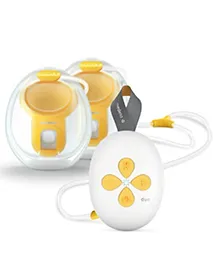

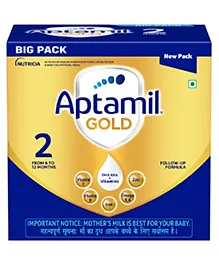
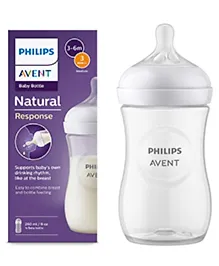
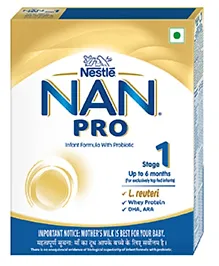
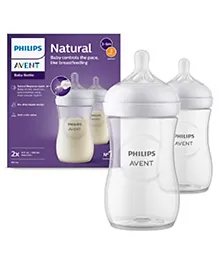
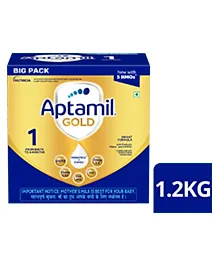
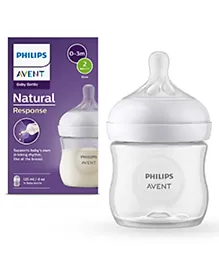

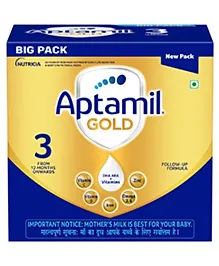







.svg)











